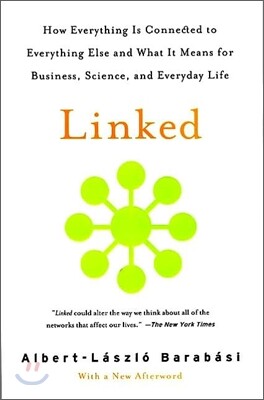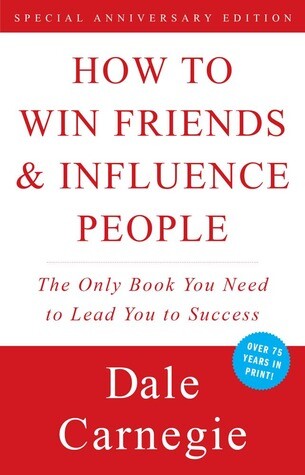Activism and BDS Beat 3 October 2013
Some of the best writing on key concepts and skills that every Palestine activist needs to understand and develop is found well outside of the usual activist canon. The framing may be different — sometimes radically different — but the ideas are the same. Here are three books that can benefit any Palestine activist who wants to become more effective:
Linked

Anti-Palestinian advocacy groups have been onto these concepts for years, and human rights activists definitely have some catching up to do. Barabási offers a highly accessible introduction to all the fundamental concepts, written in a way that emphasizes their applicability to virtually any discipline. For a more detailed exploration of the myriad ways in which these ideas apply to Palestine solidarity activism, read my 2012 article “Network analyisis for Palestine activists: Science for a successful BDS campaign.”
How to Win Friends and Influence People

If you can’t influence a person one-on-one, you have precisely zero chance of influencing an organization. Carnegie’s ideas form much of the basis for what campus anti-Palestinian adocacy gurus The David Project promote as “personal advocacy,” coupled with a form of relationship mapping that’s every bit as effective as it is cynical and manipulative. Caution: Be sure to read one of the updated editions unless you can deal with the occasional distraction of Carnegie’s 1930s-style racism and sexism.
Guerilla Marketing

Conclusion
From the theoretical to the practical, Palestine activists cannot afford to limit ourselves to drawing solely from activism-specific resources like the (also highly-recommended) classic Organizing for Social Change if we’re serious about maximizing our effectiveness. Sure, a book that assumes its readers are motivated primarily by personal financial success may not exactly be speaking directly to the average Palestine solidarity activist, but we’re the ones who get to decide what we’ll take away from it.
Happy reading!





